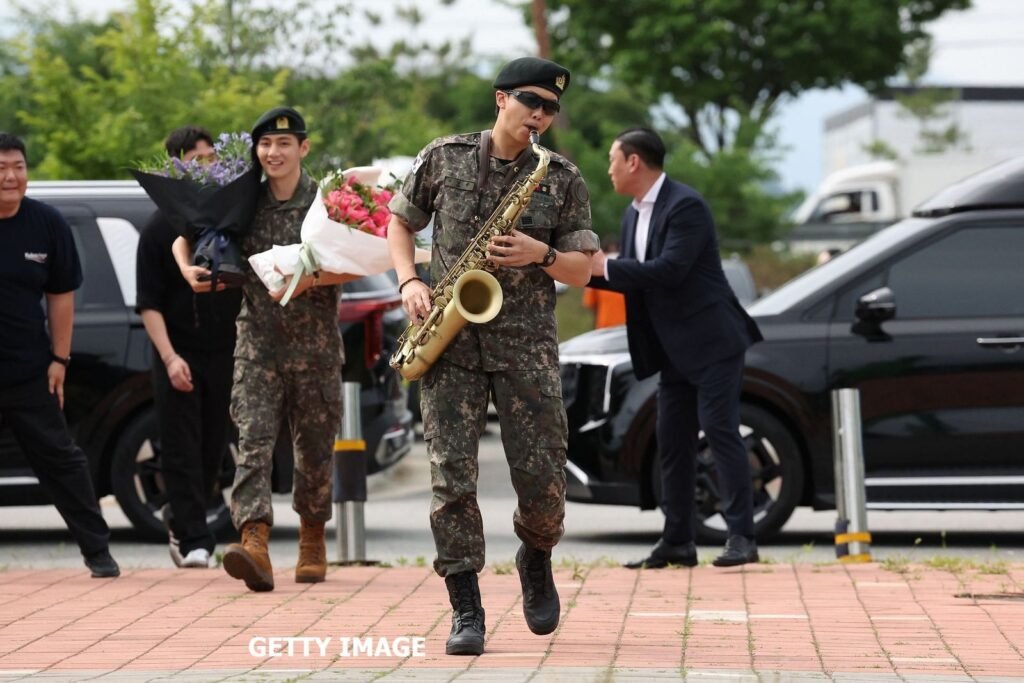You know that heart-sinking feeling when someone gives from the heart, and the world seems to misplace it? That’s what’s happening now—and yes, we’re talking about our Namjoon. Last year, while serving (yes, even though their military days are behind BTS now), RM donated ₩100 million to help uniformed workers—soldiers, police, firefighters—and that kind deed spurred nearly ₩1 billion in total donations to the Ministry of Patriots and Veterans Affairs. But here’s where things curdle: according to new reports, no one can prove where the money went.
RM explicitly designated his contribution to support uniformed officers and their families. The ministry publicly thanked him, made quite the show of his generosity, and used the moment to encourage more donations. Thanks to that push, individual contributions surged about 100-fold, with over 2,000 donors stepping in. But what’s supposed to be a transparent chain of giving is now a black box.

Because under current law, all these donations—whether labeled “for veterans,” “for first responders,” or “for national merit”—get funneled into a single pooled account, called the National Merit Support Account. Once donations enter that account, there’s zero reliable way to isolate where each won went or whether it fulfilled the donor’s intention. The ministry now claims that tracing designated funds is “practically difficult” because of manual management constraints. They also admit promotional changes to the enforcement ordinance were made to make things look more donor-friendly, not necessarily more transparent.
Of course, fans—ARMY—are furious. How dare the government tout RM’s gesture publicly, then refuse to show how it’s honored? How dare they treat a publicly declared act of kindness as though it were an anonymous drop in a fiscal abyss? A lawmaker from the Democratic Party, Lee Jung Moon, has called out the ministry for spreading misleading information about the handling of “specified donations.” The ministry’s defense? They’re overwhelmed, the system is messy, the accounting is manual. To put it lightly: not great.
This is a betrayal of trust, and we’ve got every right to be upset. When someone as celebrated and generous as RM puts his name and intention behind a donation, the least the system can do is respect it. This isn’t about politics, this is about integrity.
Let this be a red flag—a reminder that even when generosity is real, bureaucracies can hijack meaning. RM’s act still holds its power. It still stands in solidarity with those in uniform. But we—and he—deserve answers. If a donation can vanish like smoke, what hope do the veterans, the public servants he sought to support, have that their aid will ever reach them?

















































































